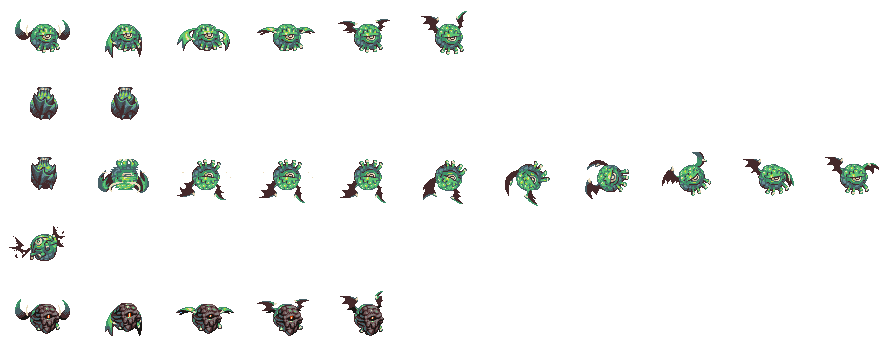

Owlboy then, is ostensibly a platformer through and through, yet it remains one which liberally cribs from the pantheon of great genre entries such as Kid Icarus and, more obviously, the Tanooki Suit escapades of Super Mario Bros. The pixel art in Owlboy is never less than absolutely stunning to behold.
Flanked by his best mate Geddy, who happens to be just as socially inept as Otus is, the two best friends find themselves locked in a struggle against the pirate menace as they attempt to ensure the survival of the village that they call home. The second and more crucial epiphany Otus has is that he’s not alone. Firstly, by using the skills taught to him by Asio, he is able fly for infinite period of time wherever he likes but more than that, he can use his flying ability to help him pull chests, food and other items out the ground in true Super Mario Bros. It’s during this attack that Otus realizes a couple of things. Like all the best underdog stories however, Otus gets an opportunity to prove himself when a band of fearsome pirates come knocking on the door of his beloved village in search of some mysterious owl relics that collectively have the power to change the world (think the owl equivalent of Thanos’ Infinity Stones and you’re on the right track). Shy, awkward and a mute, our sensitive hero Otus instead finds himself as the butt of everyone’s jokes and the everlasting recipient of scorn from his crotchety mentor, the hawkish Asio. The reality however, couldn’t be farther from the truth. The main protagonist, Otus, is the titular Owlboy, with the very moniker itself conjuring up images of a sky-soaring superhero that effortlessly vanquishes whatever evils lay before him.

Owlboy review: A Touching And Essential Masterclass In Platforming Adventure


 0 kommentar(er)
0 kommentar(er)
